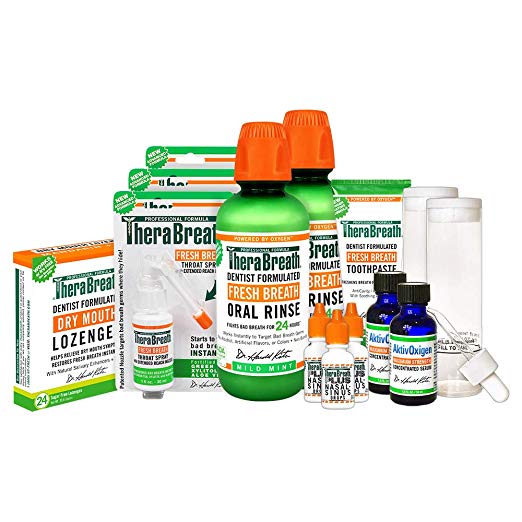Oral Rinse For Tonsil Stones

Tonsil stones, also known as tonsilloliths, are small, hard deposits that form on the surface of the tonsils. They are usually white or yellowish in color and can cause bad breath, sore throats, and difficulty swallowing. While tonsil stones can be frustrating and uncomfortable, there are several ways to prevent and treat them. One of the most effective ways to manage tonsil stones is by using an oral rinse.
Understanding Tonsil Stones
Before we dive into the world of oral rinses, it’s essential to understand what causes tonsil stones. Tonsil stones are formed when debris, such as dead cells, mucous, and bacteria, accumulate in the crevices of the tonsils. This debris can come from various sources, including poor oral hygiene, large tonsils, and chronic sinusitis. When the debris is not removed, it can harden and form a stone-like structure.
Benefits of Oral Rinses for Tonsil Stones
Oral rinses can be an effective way to manage tonsil stones. Here are some benefits of using an oral rinse:
- Removes debris: Oral rinses can help remove debris and bacteria from the tonsils, reducing the risk of tonsil stone formation.
- Reduces inflammation: Some oral rinses contain anti-inflammatory properties that can help reduce swelling and inflammation in the tonsils.
- Freshens breath: Oral rinses can help eliminate bad breath, which is a common symptom of tonsil stones.
- Soothes the throat: Oral rinses can help soothe a sore throat and reduce discomfort.
Best Oral Rinses for Tonsil Stones
There are several oral rinses available that can help manage tonsil stones. Here are some of the best options:
- Saltwater rinse: A saltwater rinse is a simple and effective way to remove debris and reduce inflammation. Mix 1⁄4 teaspoon of salt with 8 ounces of warm water and swish the solution around your mouth for 30 seconds.
- Hydrogen peroxide rinse: Hydrogen peroxide can help kill bacteria and reduce inflammation. Mix equal parts hydrogen peroxide and water and swish the solution around your mouth for 30 seconds.
- Antiseptic mouthwash: Antiseptic mouthwashes, such as Listerine, can help kill bacteria and reduce inflammation.
- Essential oil mouthwash: Essential oils, such as tea tree oil and eucalyptus oil, have antimicrobial properties that can help reduce bacteria and inflammation.
How to Use an Oral Rinse for Tonsil Stones
To get the most out of an oral rinse, follow these steps:
- Swish the solution: Swish the oral rinse solution around your mouth for 30 seconds to 1 minute.
- Target the tonsils: Make sure to swish the solution around the tonsils, where the stones are located.
- Gargle: Gargle the solution for a few seconds to help loosen debris.
- Spit: Spit out the solution and rinse your mouth with water.
- Repeat: Repeat the process 2-3 times a day to help manage tonsil stones.
Key Takeaways
- Oral rinses can be an effective way to manage tonsil stones.
- Saltwater, hydrogen peroxide, antiseptic mouthwash, and essential oil mouthwash are all good options.
- Swish the solution around your mouth for 30 seconds to 1 minute, targeting the tonsils.
- Gargle the solution for a few seconds to help loosen debris.
- Repeat the process 2-3 times a day to help manage tonsil stones.
What are tonsil stones and how are they formed?
+Tonsil stones, also known as tonsilloliths, are small, hard deposits that form on the surface of the tonsils. They are formed when debris, such as dead cells, mucous, and bacteria, accumulate in the crevices of the tonsils.
How can I prevent tonsil stones from forming?
+To prevent tonsil stones from forming, practice good oral hygiene by brushing and flossing your teeth regularly, using an oral rinse to remove debris and bacteria, and staying hydrated to thin out mucous and reduce the risk of debris accumulation.
Can I use an oral rinse to treat tonsil stones if I have a sensitive mouth or gums?
+Yes, there are oral rinses available that are gentle on sensitive mouths and gums. Look for oral rinses that are specifically designed for sensitive mouths and gums, and always follow the instructions for use.

